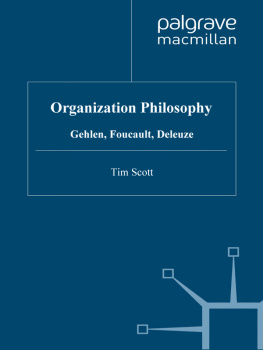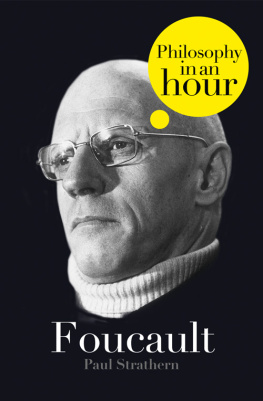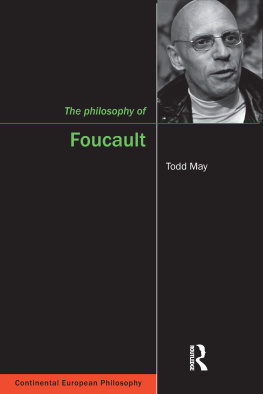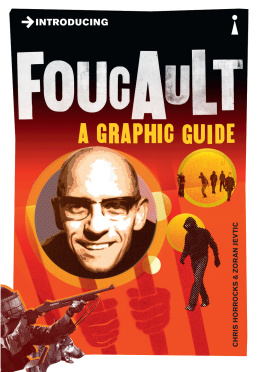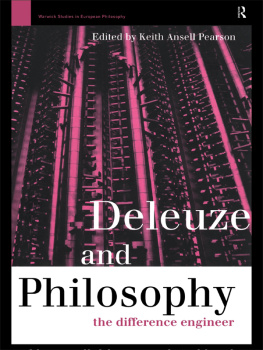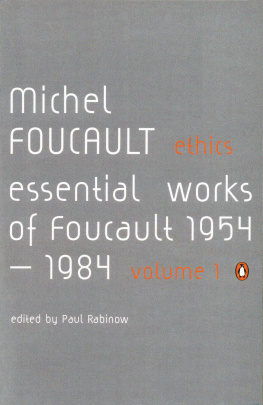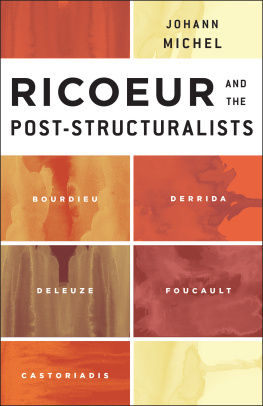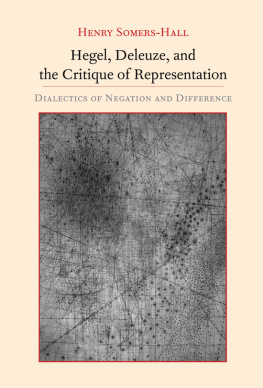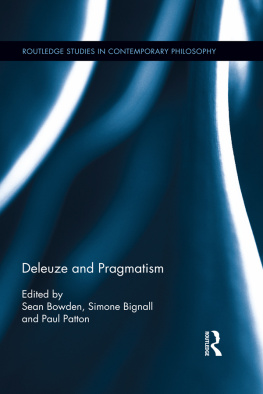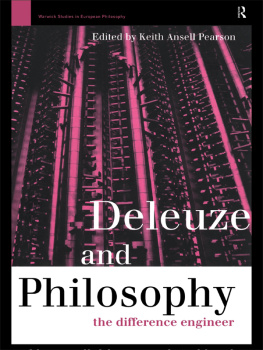Tim Scott - Organization Philosophy: Gehlen, Foucault, Deleuze
Here you can read online Tim Scott - Organization Philosophy: Gehlen, Foucault, Deleuze full text of the book (entire story) in english for free. Download pdf and epub, get meaning, cover and reviews about this ebook. year: 2010, publisher: Palgrave Macmillan, genre: Science. Description of the work, (preface) as well as reviews are available. Best literature library LitArk.com created for fans of good reading and offers a wide selection of genres:
Romance novel
Science fiction
Adventure
Detective
Science
History
Home and family
Prose
Art
Politics
Computer
Non-fiction
Religion
Business
Children
Humor
Choose a favorite category and find really read worthwhile books. Enjoy immersion in the world of imagination, feel the emotions of the characters or learn something new for yourself, make an fascinating discovery.
Organization Philosophy: Gehlen, Foucault, Deleuze: summary, description and annotation
We offer to read an annotation, description, summary or preface (depends on what the author of the book "Organization Philosophy: Gehlen, Foucault, Deleuze" wrote himself). If you haven't found the necessary information about the book — write in the comments, we will try to find it.
Tim Scott: author's other books
Who wrote Organization Philosophy: Gehlen, Foucault, Deleuze? Find out the surname, the name of the author of the book and a list of all author's works by series.
Organization Philosophy: Gehlen, Foucault, Deleuze — read online for free the complete book (whole text) full work
Below is the text of the book, divided by pages. System saving the place of the last page read, allows you to conveniently read the book "Organization Philosophy: Gehlen, Foucault, Deleuze" online for free, without having to search again every time where you left off. Put a bookmark, and you can go to the page where you finished reading at any time.
Font size:
Interval:
Bookmark:
Organization Philosophy
Gehlen, Foucault, Deleuze
Tim Scott
Senior Lecturer in Organization, University of St Andrews


Tim Scott 2010
All rights reserved. No reproduction, copy or transmission of this publication may be made without written permission.
No portion of this publication may be reproduced, copied or transmitted save with written permission or in accordance with the provisions of the Copyright, Designs and Patents Act 1988, or under the terms of any licence permitting limited copying issued by the Copyright Licensing Agency, Saffron House, 610 Kirby Street, London EC1N 8TS.
Any person who does any unauthorized act in relation to this publication may be liable to criminal prosecution and civil claims for damages.
The author has asserted his right to be identified as the author of this work in accordance with the Copyright, Designs and Patents Act 1988.
First published 2010 by
PALGRAVE MACMILLAN
Palgrave Macmillan in the UK is an imprint of Macmillan Publishers Limited, registered in England, company number 785998, of Houndmills, Basingstoke, Hampshire RG21 6XS.
Palgrave Macmillan in the US is a division of St Martins Press LLC,
175 Fifth Avenue, New York, NY 10010.
Palgrave Macmillan is the global academic imprint of the above companies and has companies and representatives throughout the world.
Palgrave and Macmillan are registered trademarks in the United States, the United Kingdom, Europe and other countries
ISBN 9780230247222 hardback
This book is printed on paper suitable for recycling and made from fully managed and sustained forest sources. Logging, pulping and manufacturing processes are expected to conform to the environmental regulations of the country of origin.
A catalogue record for this book is available from the British Library.
A catalog record for this book is available from the Library of Congress.
10 9 8 7 6 5 4 3 2 1
19 18 17 16 15 14 13 12 11 10
Printed and bound in Great Britain by
CPI Antony Rowe, Chippenham and Eastbourne
To Laurie and Molly
Work and organization are embodied practices originating in the imperative for Man to create the conditions for his survival. Technical innovation arises from Mans ability to manipulate objects and ideas in the distinctive human interval between stimulus and response. The embodiment of technologies is apprehended in developments in pathological anatomy and medical instrumentation since the late eighteenth century. These combined to disclose a new model of the body as a system of organs and the body thus organized became the prototype for a model of medical organization and for social organization more widely.
But empirical methods arising from such developments lost sight of their origin in the body, and of an older, more subtle empiricism revived in the early philosophical works of Gilles Deleuze. By addressing Deleuzes works on Hume, Bergson, Nietzsche and Spinoza, we can recover the significance of organization as embodied practice. Hume explains how subject and society are organized by material forces surpassing the human. Bergson discloses an ontology of efficient difference as the positive movement underlying Humes analysis. Nietzsche comprehends how this movement contains a will carrying within it the seminal idea of organic composition or organization. These two movements constitute an affirmative genealogy of organization which Man sadly contradicts, not only by the organizations he forms, but also by the negative (critical) tendency of his organizational scholarship.
To become a truly active, organizing being, Man must overcome his reactive nature. Spinoza explains what we must do to realize this destiny: combat the sad passions and inadequate ideas we suffer under the natural conditions of our existence; cultivate the joyful passions and the power of action by organizing our encounters with others. This is what is meant by a post-structural revision of organization.
This manuscript was originally researched and written between January and December 1995. It rose from the ruins of a very different book which, after four years of frustrated writing, I destroyed; an act I have rarely regretted. Par destruens, pars construens. Why have I waited until now to publish? Several reasons, but mainly a lack of confidence. Was it sufficiently original? Would it resonate with any reader? Another reason was that the era that would be known as Deleuzian, predicted by Michel Foucault, was then only just dawning. It is now full morning, with a more widespread interest in the ideas and influences referred to here.
Following its completion, I entered health services research, which I thought might benefit others more than a monograph on organizational philosophy. A practical philosophy should, I thought, be followed by applied research. But I found there was nothing especially practical about health services research. Immersed in the minutiae of randomized controlled trials, my eyes lingered on Deleuzes books, neglected on the shelf. I would reflect upon Levines truism that the most practical thing is a good theory, Robbe-Grillets distinction between information and meaning and Robert Coopers trenchant remark that organizations hate one and love the other. Hence, I eventually abandoned health research to return to organization studies, more specifically to its maligned underclass of critical and post-critical marketing and consumer studies.
Another concern was that in writing the later chapters I might have drawn too much on my reading of Michael Hardts excellent Gilles Deleuze: An Apprenticeship in Philosophy. Having read most of Deleuzes early works on the history of philosophy, I found that Hardts anarchistic synthesis offered a coherent narrative on the development of Deleuzes thought, through his Bergson, Nietzsche and Spinoza studies. I adopted Hardts basic narrative structure for my chapters four to six. I see now that my discomfort about my debt to Hardt was partly hubris. Rereading Gilles Deleuze as I edit this manuscript, I do not think I have overstepped the bounds of scholarly community. I have brought together lines of thought from philosophical anthropology, the history of ideas and of technology and sociology and tried to place the Bergson-Nietzsche-Spinoza narrative into a wider philosophical context. I have also added a chapter on Deleuzes Hume study at the head of the Deleuzian narrative, and expanded on the theme of Spinoza and organization considerably. These chapters are at minimum a development of the Deleuze-Hardt narrative. I set out to read Deleuze with the specific problem of organization in mind. Deleuze often refers to organization in passing; Hardt contrasts organization with order. I have taken the analysis a stage further, to read Deleuze as an organizational philosopher.
Of course originality is a problematic notion, especially by Deleuzes own mores. All the philosophical works read herein are interrelated. Gehlen refers to Nietzsche, Bergson to the Scholastics, Foucault to numerous historical and unacknowledged philosophical sources, Nietzsche to Spinoza, Spinoza to Descartes and so on in a dance of ideas that varies from courtly formality to intellectual brawling. These comments apply mainly to chapters four to six, but they prompt the question of originality more broadly. When asked when he got his most original ideas, Igor Stravinsky is said to have answered, [w]hen I am working. In philosophy the answer would surely be when I am reading. It is in conversation with a text that the mind is most creative: if ideas are to come at all, that is when they are likely to appear. But ideas are not singularities. One has only to read authors like Heidegger or Derrida, who work with ideas as if they were Russian dolls, to see that no concept has any origin or end, for those trajectories presume thought without language.
Next pageFont size:
Interval:
Bookmark:
Similar books «Organization Philosophy: Gehlen, Foucault, Deleuze»
Look at similar books to Organization Philosophy: Gehlen, Foucault, Deleuze. We have selected literature similar in name and meaning in the hope of providing readers with more options to find new, interesting, not yet read works.
Discussion, reviews of the book Organization Philosophy: Gehlen, Foucault, Deleuze and just readers' own opinions. Leave your comments, write what you think about the work, its meaning or the main characters. Specify what exactly you liked and what you didn't like, and why you think so.

